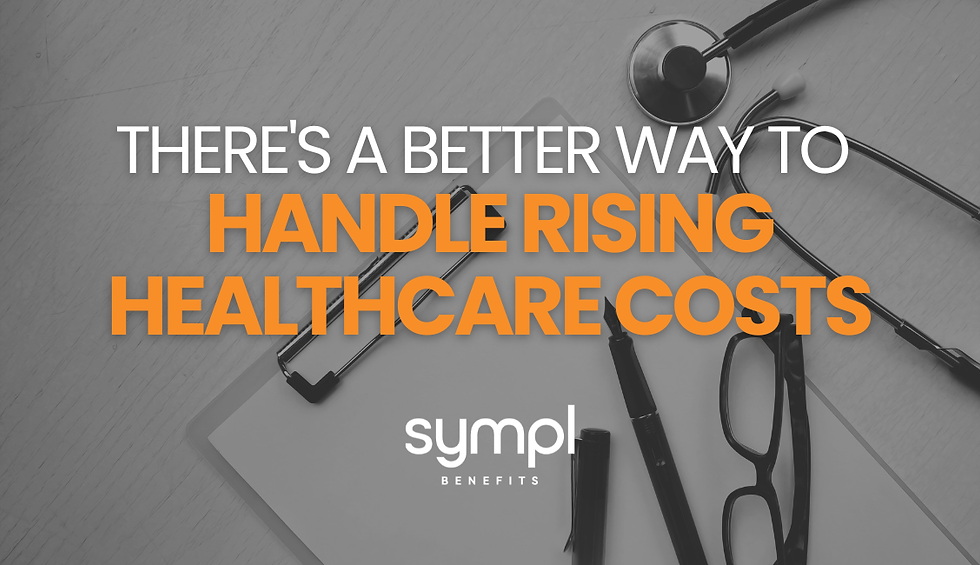When Employees Skip Their Benefits
- Wes Spencer
- Oct 11, 2025
- 2 min read
You invest in a comprehensive benefits package for your team: health insurance, wellness programs, telehealth, employee assistance. These resources could genuinely help people and reduce their financial stress.
Then the utilization reports arrive, and the reality becomes clear: most employees aren't using what's available to them.
Why People Avoid Their Benefits
They simply forgot what's available
Most employees receive benefits information during onboarding, then get caught up in their daily responsibilities. When someone faces a health issue or financial concern months later, remembering that employee assistance program isn't their first thought.
The system feels intimidating
Insurance language is genuinely confusing. Terms like deductible, copay, and in-network can create barriers for people. Many have only learned healthcare navigation through expensive trial and error. When employees can't quickly understand how something works, they may default to skipping it all together.
They're concerned about workplace perception
Some employees hesitate to ask benefits questions, worried it might signal incompetence. Others fear that using mental health services or financial counseling could somehow impact their professional standing.
Past experiences created skepticism
Poor customer service experiences or benefits that failed to deliver on promises make people reluctant to engage again. One frustrating phone call can turn someone away from an entire program.
We’re asking people to navigate a system they don't understand, make decisions without key information, and somehow choose the right care at the right price.
This puts YOU in an endless cycle of shopping insurance carriers annually, raising deductibles, increasing what employees pay.
How to Actually Increase Benefits Engagement
You need advocates to step in to make benefits real, human, and usable in everyday life. Our SymplCare team removes the roadblocks. No juggling multiple logins, no sitting on hold. When access is seamless, engagement skyrockets.
And when employees have the right information upfront, real costs, quality data, and guidance, they make smarter decisions. That benefits everyone.
The Business Impact
When employees actually engage with their benefits, companies notice measurable changes. People address health issues before they require expensive interventions. Stress levels decrease. Retention improves because employees feel genuinely supported rather than just offered generic resources.
Healthcare costs stabilize as well. Early intervention through accessible benefits prevents the expensive emergency care that drives up premiums.
The most valuable benefits are those employees both understand and trust enough to use. Our SymplCare team takes the guesswork and barriers out of the process so employees actually engage and employers finally see the ROI.





Comments